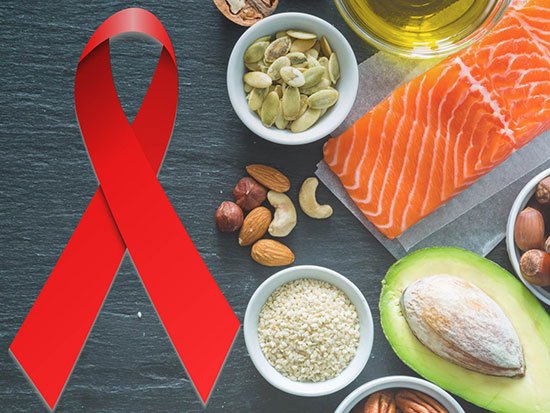In 2008, approximately 33.4 million people were living with HIV (PLHIV) globally, of whom an estimated 2.1 million were children under 15, there were 2.7 million new infections and 2 million people died of AIDS-related causes. While HIV knows no socioeconomic boundaries, it may further compound existing inequalities given the vast majority of PLHIV in the world live in low- and middle-income countries. Approximately 1 billion people globally are undernourished (i.e. they do not have access to enough food to meet their energy needs), 195 million children under 5 are stunted and an estimated 26 million are wasted, and the HIV epidemic overlaps with populations already experiencing low dietary quality and quantity, which has a particularly serious impact on the most vulnerable groups, including children and pregnant and lactating women. In addition, more than 97% of new infections are in low- and middle-income countries. Most notably, sub-Saharan Africa (SSA), where more than 40% of the population lives on less than one US dollar per day, accounts for more than two thirds (67%) of all PLHIV and for nearly three quarters (72%) of AIDS-related deaths in 2008.

© Nutrition and HIV
Contact
- NGO Delegation to the UNAIDS PCB
- Eerste Helmersstraat 17B3
1054 CX Amsterdam
The Netherlands